1. For Columbia University’s Chinese, pro-Palestinian protests evoke sympathy, fear
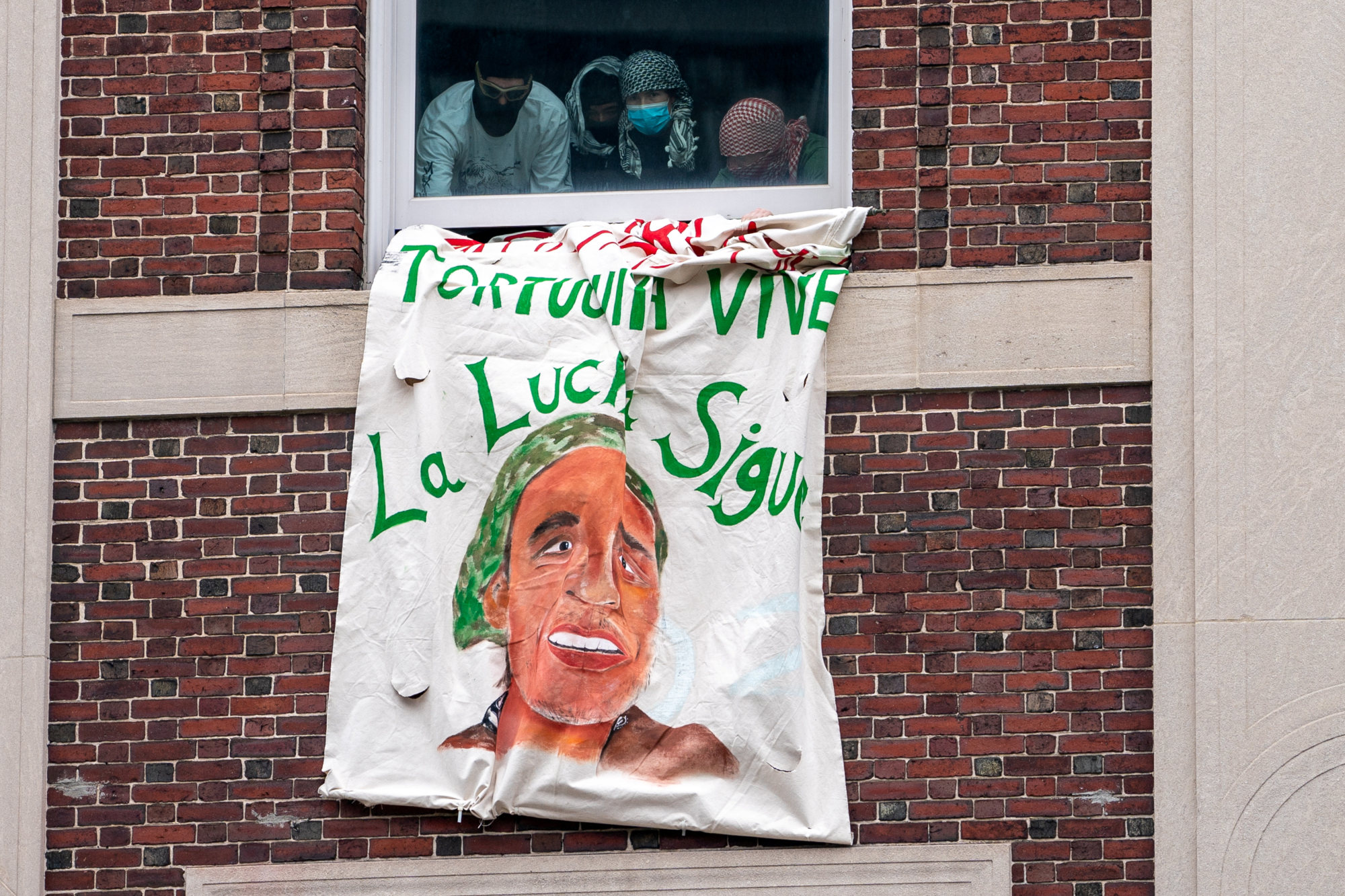
A 29-year-old, who asked only to be identified as “Lu”, acknowledged taking part in some of the pro-Palestinian demonstrations that have brought the hallowed campus to a standstill and triggered a crisis for the institution not seen since the Vietnam war. And compared with other international students who have joined the protests roiling the Ivy League school, Lu believed the “risk levels” were different for her as a Chinese person amid heightened Sino-American tensions.
2. New tech, old conflict: gallium pits US priorities versus environmental impact
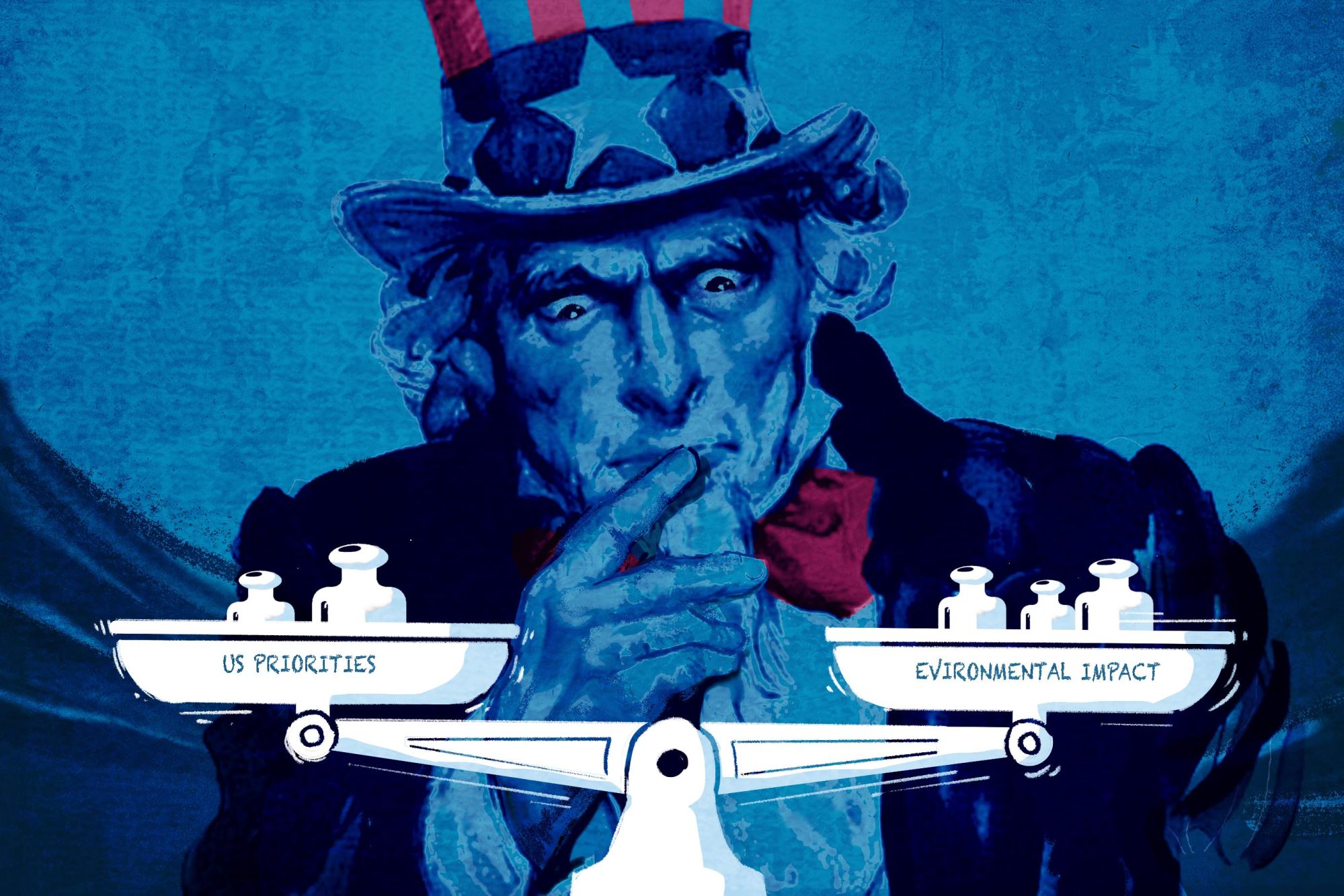
Straddling the US states of Montana and Idaho, the Bitterroot National Forest with its rugged mountains, dense forests and pristine rivers has for decades offered locals livelihood, adventure and a connection with nature. Now, a Utah mining company says the diverse landscape can also offer an untapped resource to enhance national security: a critical mineral that could boost America’s competitiveness in advanced technology, countering geopolitical challenges posed by China.
3. How a Chinese family overcame racism to thrive in a US town over 99% white
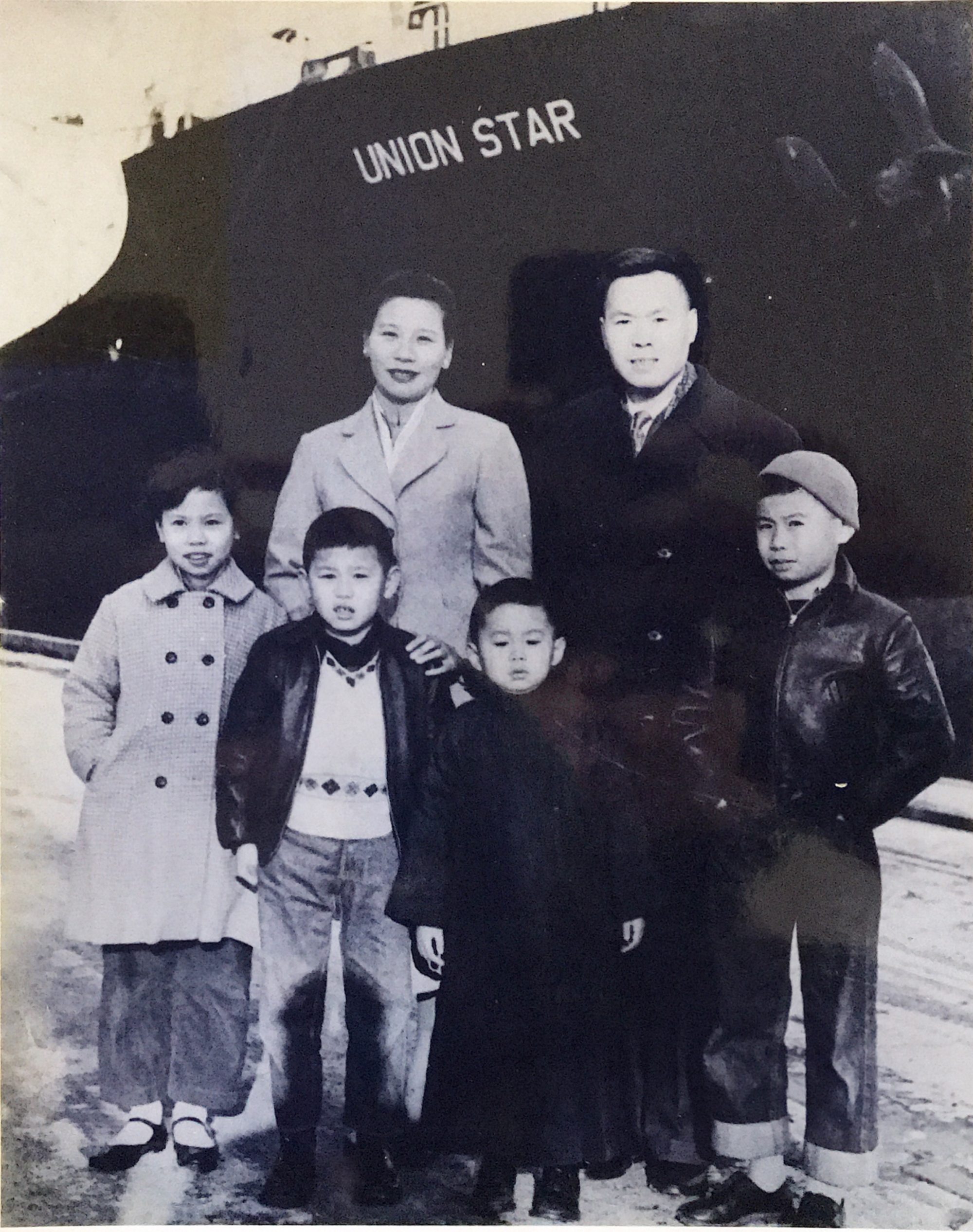
David Tu and his family moved to San Leandro, in the US state of California, in 1960. Among the first Chinese to live there, his early years involved being bullied in school, harassed by police and taunted with racial slurs. The census the year they moved in suggests why. Known informally as the “whitest city west of the Mississippi”, the settlement just across the bay from San Francisco was 99.7 per cent white, and city fathers were keen to keep it that way.
4. Is Taiwan’s incoming No 2 leader Hsiao Bi-khim the island’s new ‘US whisperer’?
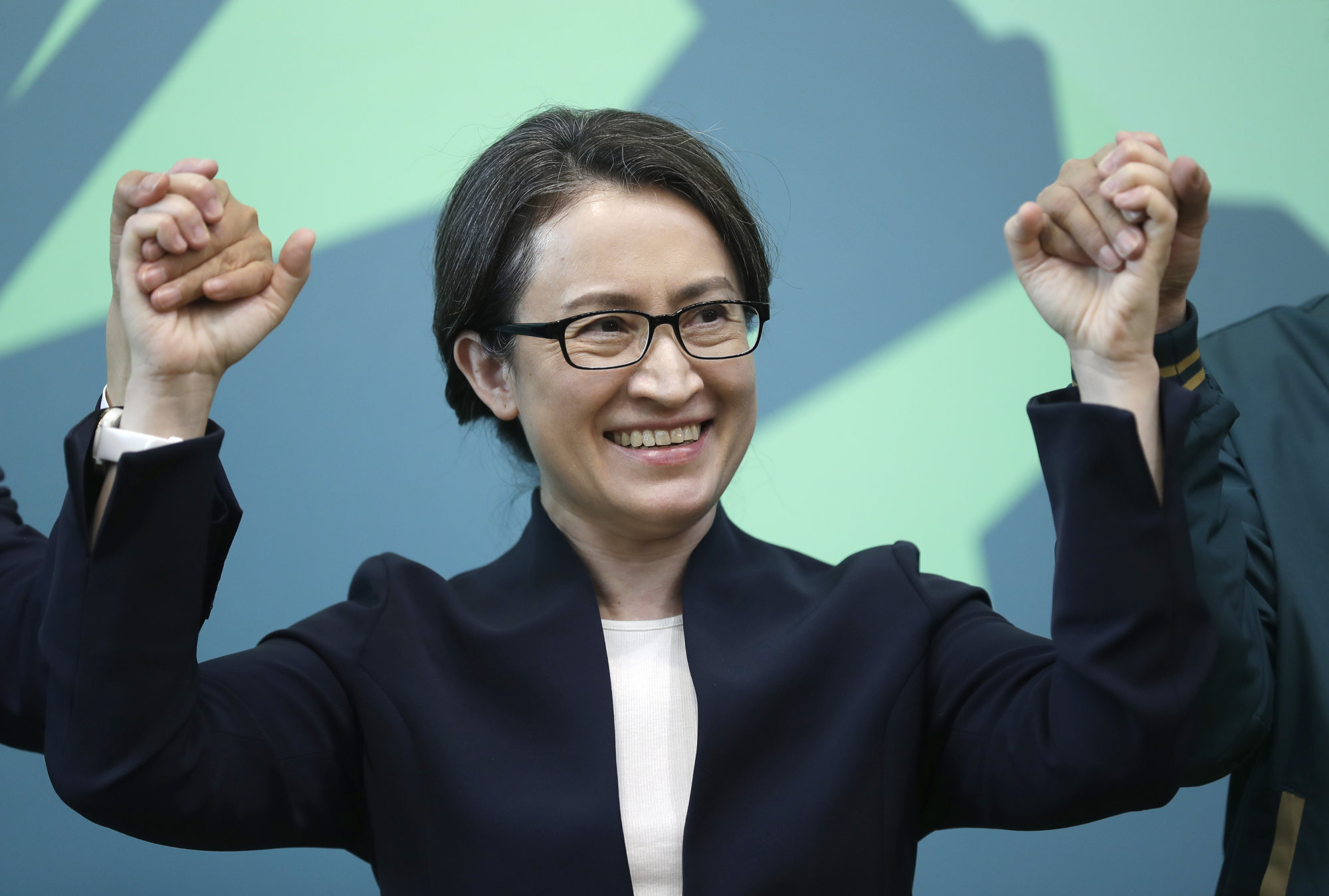
Newly elected Taiwanese vice-president Hsiao Bi-khim “is a force of nature”, according to Ryan Hass, formerly of the US National Security Council. Hsiao has strong foreign-policy and national-security chops, enjoys broad support in Washington and knows US-Taiwan policy issues intimately. And, says Bonnie Glaser of the Washington-based German Marshall Fund, she has Beijing worried.
5. US urges Nato wariness over China’s support for Russia in Ukraine
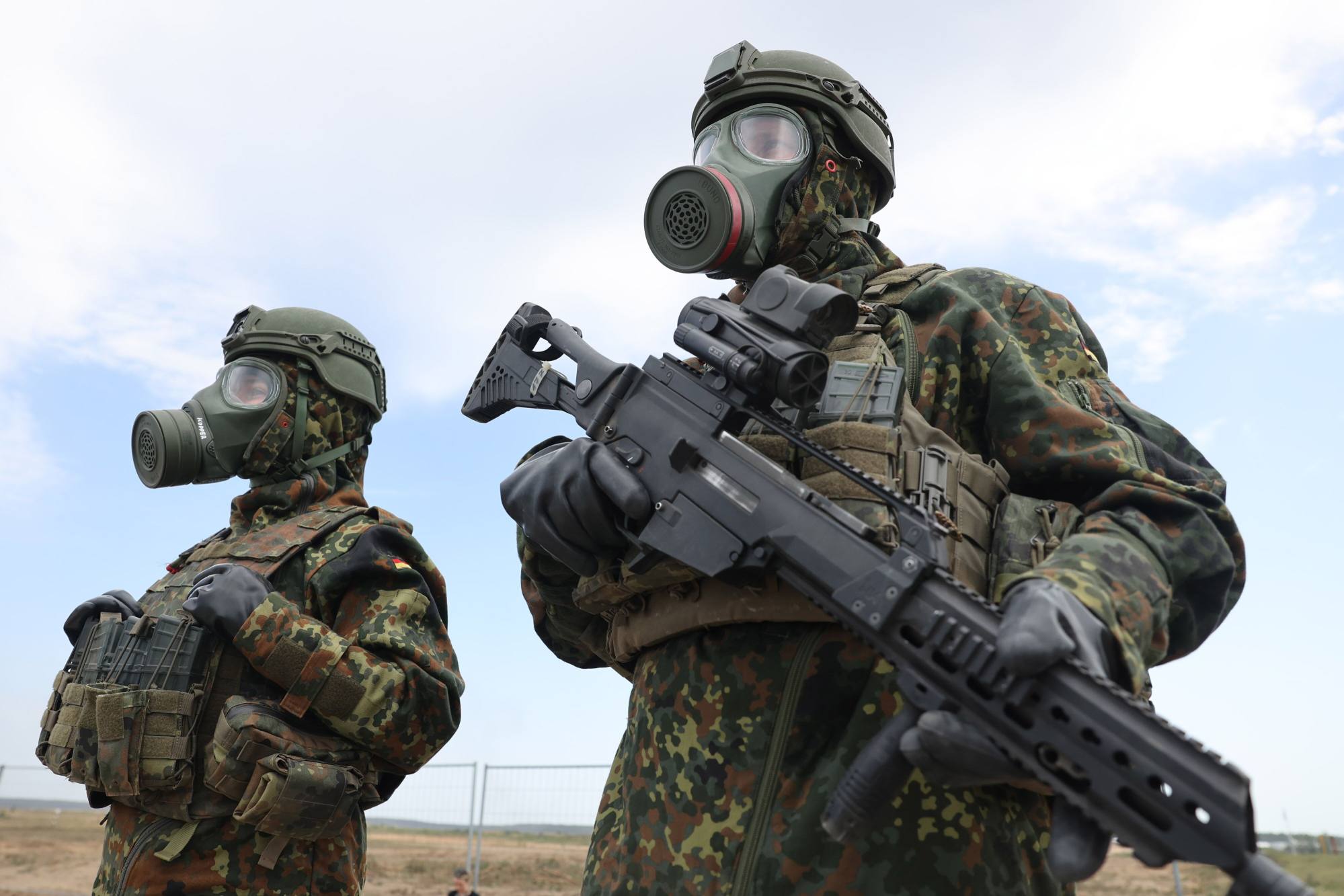
At the end of May, Washington painted for its military allies across the Atlantic Ocean a stark picture of China’s role in supporting Russia’s war with Ukraine, arguing that Beijing should not be able to boost Moscow while seeking to enjoy normal ties across Europe. US Deputy Secretary of State Kurt Campbell told his Nato counterparts in Brussels that Beijing’s assistance to Moscow was “enabling Russia to execute this war inside Ukraine”.
6. No funds for US scientist who worked with China lab targeted in Covid claims
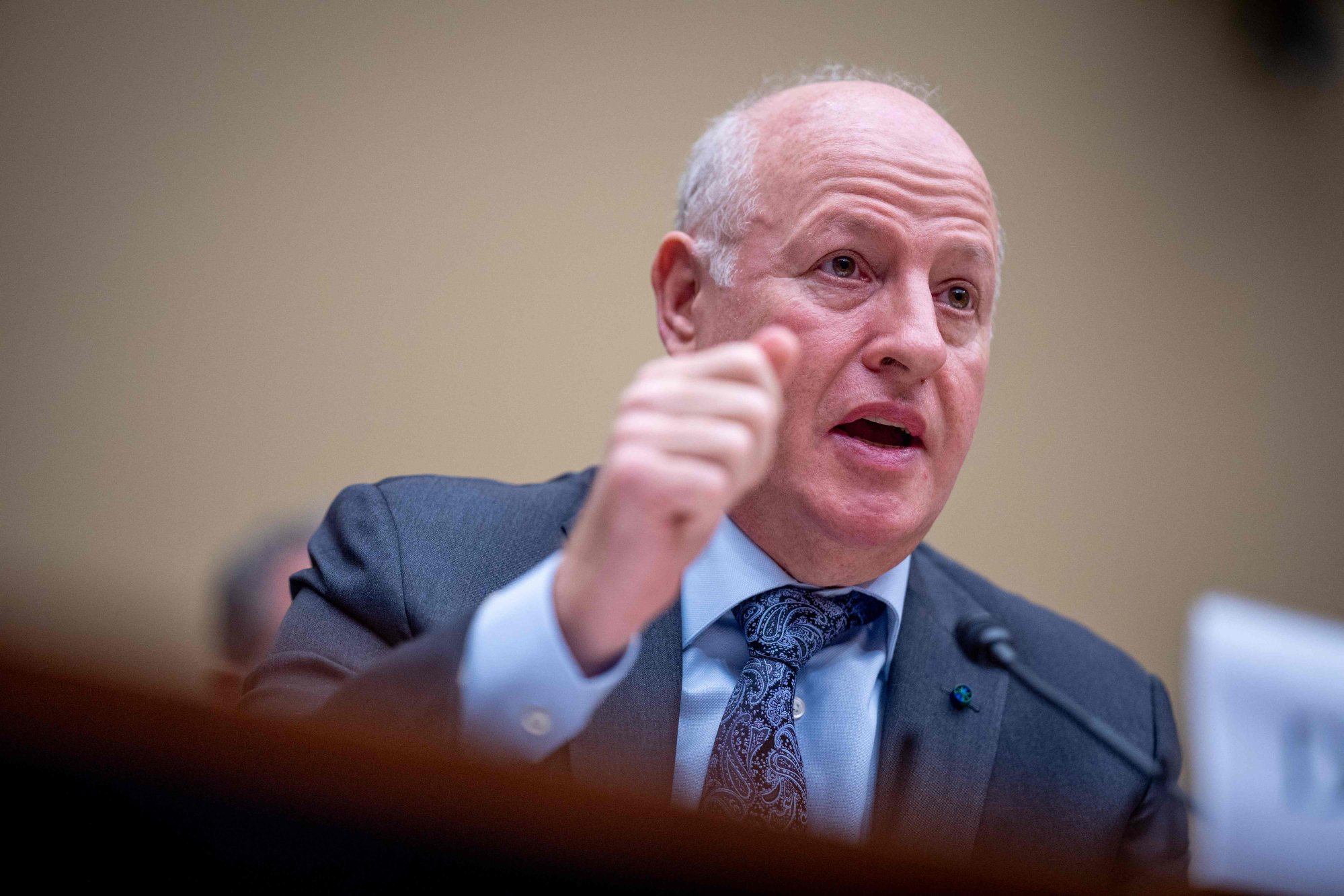
Peter Daszak, a prominent American disease ecologist who collaborated with a Chinese lab targeted in coronavirus leak allegations, has had his federal funding suspended and faces being cut off from working with the US government for years. Daszak came under scrutiny for working with the Wuhan Institute of Virology, which has been at the centre of yet-to-be-proved claims that a laboratory leak caused the Chinese city’s first Covid-19 outbreak at the end of 2019.
7. Panda diplomacy is back! China sending pair of bears to US by end of 2024
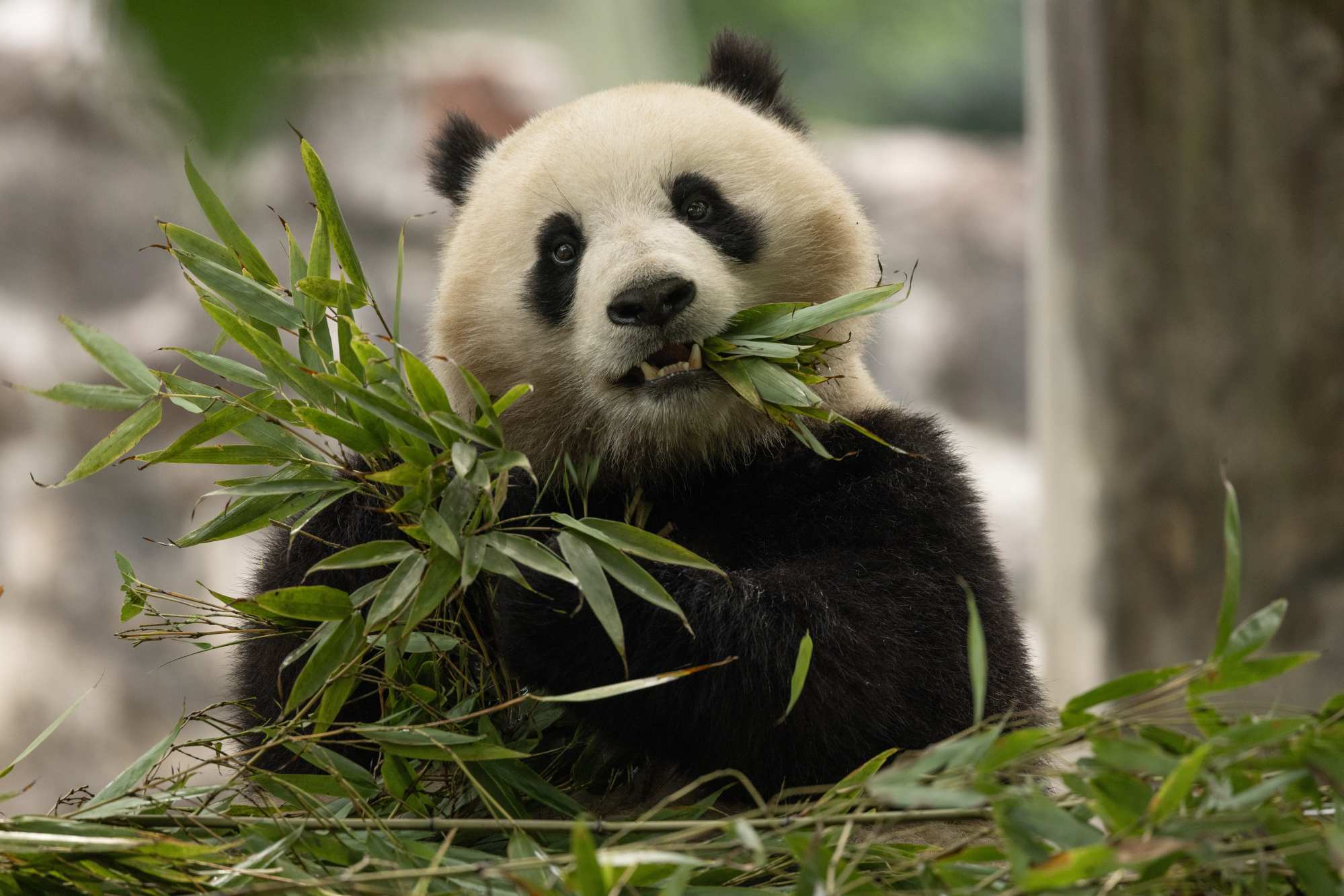
China will send a pair of pandas to Washington by the end of this year, the Smithsonian’s National Zoo said on Wednesday, breathing new life into a decades-long conservation partnership between the two countries. The news of giant pandas returning to America’s capital came six months after pandas Tian Tian, Mei Xiang and their cub Xiao Qi Ji left the zoo last year in a departure symbolic of deteriorating Sino-US relations.

